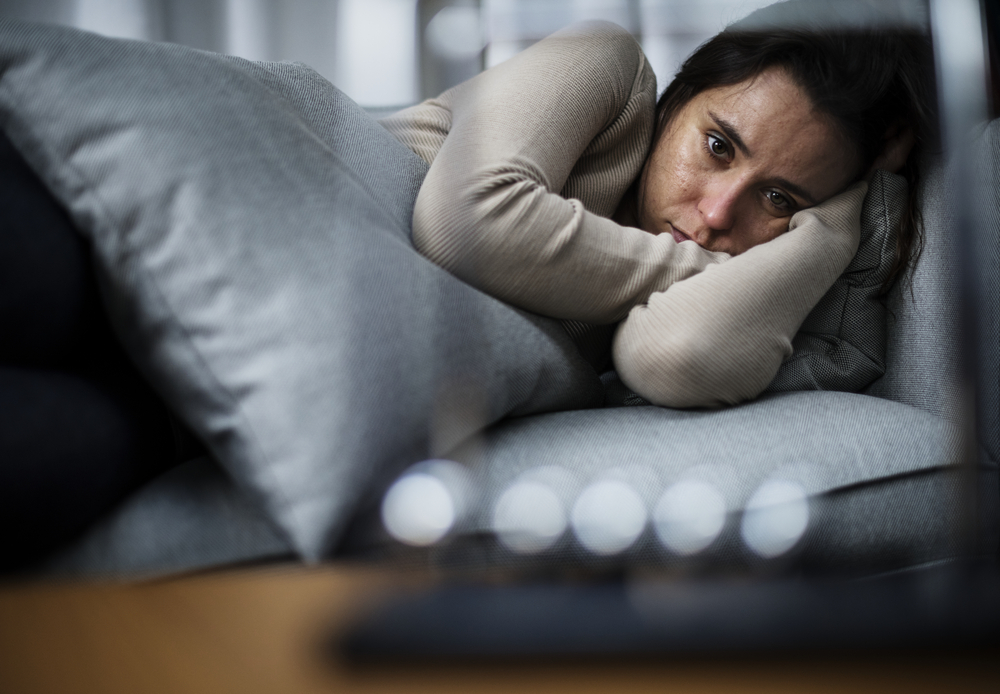Depression is wildly common in our modern society. In fact, there’s a 15% chance that you yourself will experience moderate to severe depression at some point in your life. However, that chance is even higher if you’re a woman. Women are almost twice as likely as men to be diagnosed with depression. Why is this?
1: Hormonal Fluctuations
One of the biggest reasons for this disparity is hormone cycles. Although both men and women experience hormone fluctuations throughout their life cycle, the rollercoaster ride can be especially dramatic for women. This is sharply evidenced by the prevalence of specific types of depression such as premenstrual depression, postpartum depression, and periomenopausal depression. Big hormonal fluctuations during these times can lead to dysfunction in neurotransmitters, which are closely tied to mood and depression.
2: Seeking Treatment
Beyond biology, many of the contributing factors to depression in women are social. For example, women are more likely than men to seek out treatment for depression (as well as other mental and physical disorders.) It’s possible that more men than we realize are currently struggling with depression. However, less seek professional care in response. This could be closely tied to the sad statistic that although women are more likely to be diagnosed with depression, men are more likely to commit suicide.
3: Internalizing versus Externalizing Symptoms
Another social variance that causes more depression in women is simply the fact that women react differently to stressors. Although a man and a woman could be under exactly the same type and amount of external stressors, a man is more likely to engage in externalizing behaviors (anger, risk-taking, substance abuse) and a woman more likely to exhibit internalizing behaviors (self-blame, withdrawal, sadness, and physical complaints.) In other words, it could be that women and men are experiencing depression at a similar rate, but it looks different in each gender.
4: Sexual Abuse and Trauma
A 2014 study found that as many as 24% of women experienced some form of sexual assault in the college years alone. According to Mental Health America, 1 in 6 women experience attempted or completed rape in their lifetime. For many women, sexual abuse isn’t an isolated incident, but a pattern in personal relationships throughout a lifetime. 30% of those who have experienced rape also experience major depressive disorder (MDD) at some point in their lives.
This is a very limited list of reasons why women experience depression. Depression is a multi-faceted condition that can look different for everyone. However, whether you’re a man or woman, it’s important to understand that depression is treatable. If you or a loved one is suffering from depression, it’s important to identify the problem and reach out for help.
Here at Corner Canyon Counseling, we specialize in depression in women and men alike. Give us a call today to learn more about how we can help.

